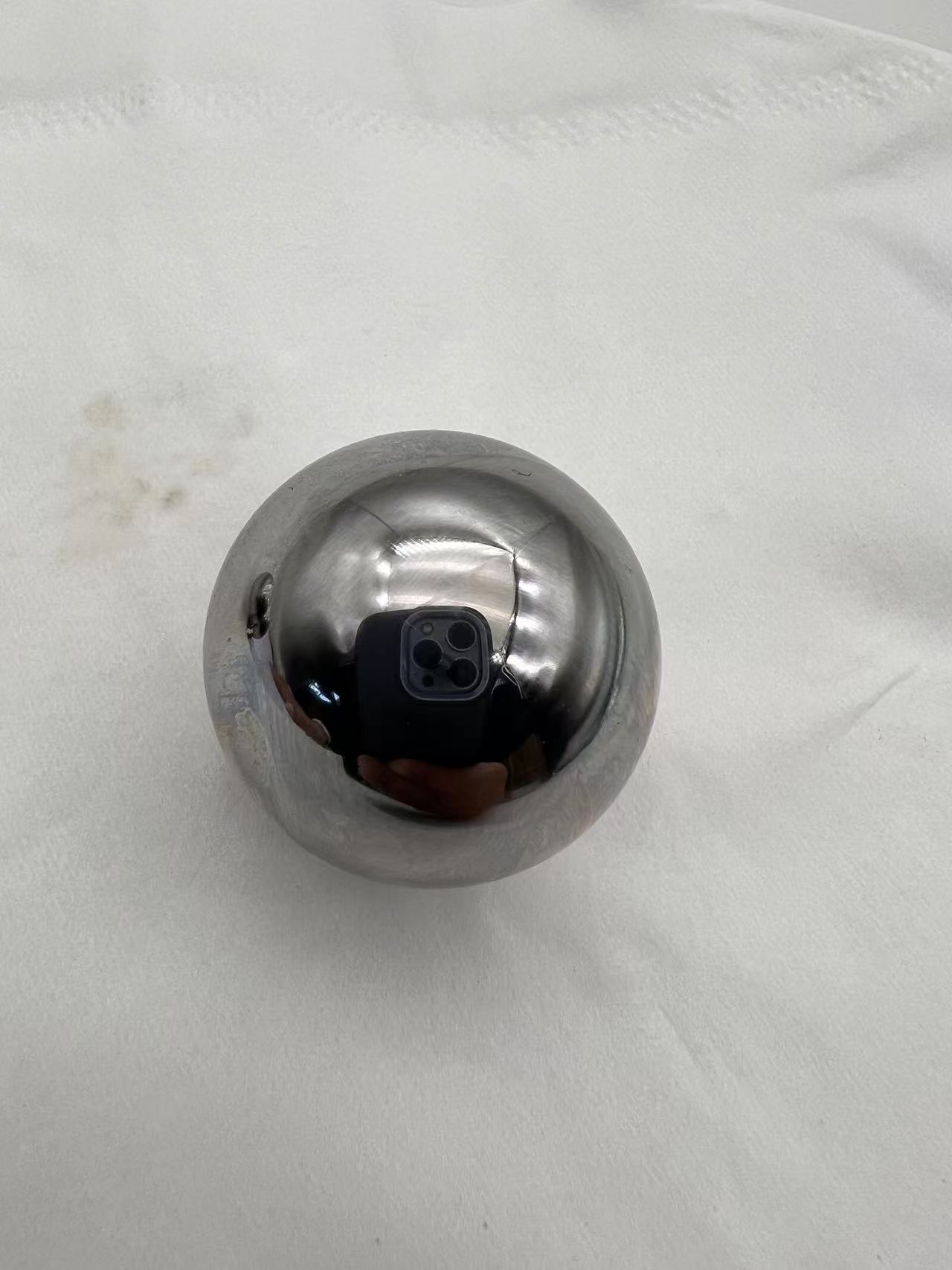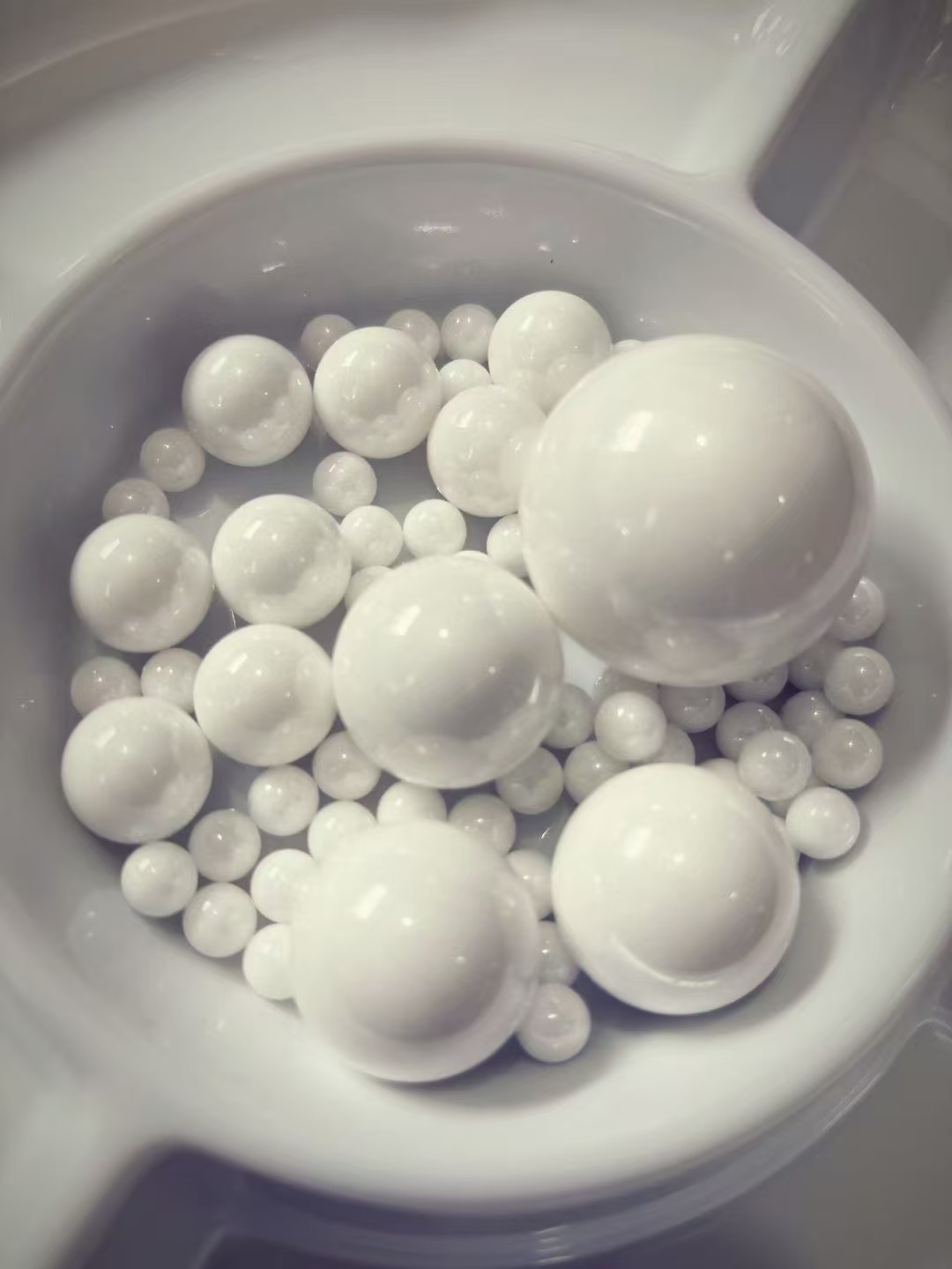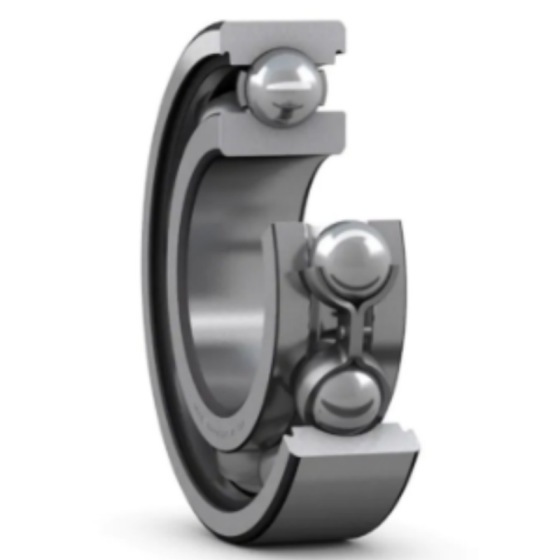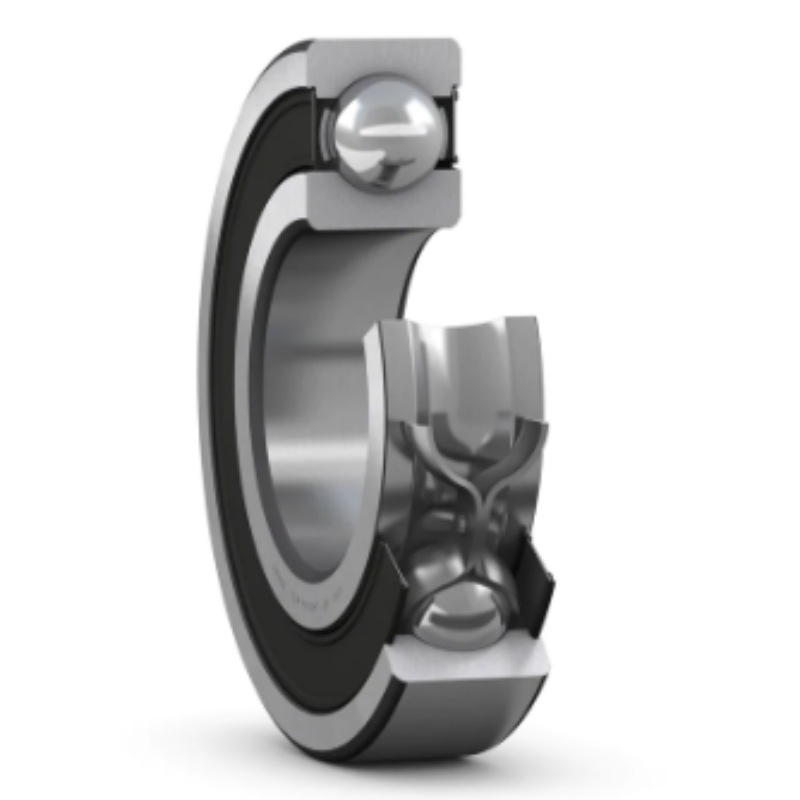The Role of 25.4mm Zirconia Spheres in Enhancing Equipment Performance
Release time:
Oct 29,2025
The Role of 25.4mm Zirconia Spheres in Enhancing Equipment Performance
Table of Contents
- Introduction to Zirconia Spheres
- Properties of 25.4mm Zirconia Spheres
- Applications in Industrial Equipment
- How Zirconia Spheres Enhance Equipment Performance
- Cost-Effectiveness and Longevity
- Comparison with Other Bearing Materials
- Future Trends in Zirconia Sphere Applications
- Conclusion
- FAQs
Introduction to Zirconia Spheres
In the realm of industrial equipment, the quest for enhanced performance and durability has led to the adoption of innovative materials. Among these, **25.4mm zirconia spheres** are garnering significant attention. These high-performance components are crucial in various applications, from precision bearings to cutting-edge machinery. This article will explore the unparalleled benefits of zirconia spheres, examining their properties, applications, and impact on equipment performance.
Properties of 25.4mm Zirconia Spheres
Zirconia, or zirconium dioxide (ZrO2), exhibits exceptional characteristics that make it suitable for industrial applications. The following properties set **25.4mm zirconia spheres** apart from traditional materials:
Strength and Toughness
Zirconia is known for its high strength and toughness, allowing it to withstand extreme pressure and wear. This makes it particularly effective in demanding environments, where equipment longevity is paramount.
Low Friction Coefficient
The friction coefficient of zirconia is notably low, which reduces wear and tear on machinery parts. This property is crucial in applications where friction can lead to substantial energy losses.
Chemical Resistance
Zirconia spheres are highly resistant to corrosive chemicals, ensuring that they maintain their integrity in harsh environments. This property extends the lifespan of equipment and reduces maintenance efforts.
Thermal Stability
Zirconia maintains its mechanical properties even at elevated temperatures, making it suitable for high-temperature applications. This thermal stability is critical in industries such as aerospace and automotive.
Electrical Insulation
Zirconia's excellent electrical insulation properties make it beneficial in applications involving electrical components, ensuring safety and performance efficiency.
Applications in Industrial Equipment
The versatility of **25.4mm zirconia spheres** allows for a wide range of applications across various industries:
1. Precision Bearings
Zirconia spheres are increasingly used in precision bearings due to their low friction and high wear resistance. These bearings enhance the performance of machines by reducing energy consumption and increasing speed.
2. Medical Equipment
In the medical field, zirconia's biocompatibility makes it suitable for implants and surgical instruments. The spheres are used in bearings within medical devices, ensuring smooth operation and longevity.
3. Aerospace Components
Aerospace applications demand materials that can withstand extreme conditions. Zirconia spheres are employed in bearings and other components to improve reliability and performance in aircraft machinery.
4. Automotive Industry
In automotive applications, zirconia spheres enhance the performance of engines and transmission systems. Their durability and low friction contribute to improved fuel efficiency and reduced emissions.
5. Robotics and Automation
As industries move toward automation, zirconia spheres play a vital role in robotic applications, providing efficient and reliable motion in robotic arms and other automated equipment.
How Zirconia Spheres Enhance Equipment Performance
The integration of **25.4mm zirconia spheres** into industrial equipment leads to several performance enhancements that significantly benefit manufacturers and operators.
Durability Improvements
One of the most notable enhancements offered by zirconia spheres is their durability. The combination of high strength and resistance to wear ensures that equipment experiences less downtime and requires fewer replacements. This durability translates to lower operational costs and extended service intervals.
Reduction of Friction
The low friction coefficient of zirconia spheres is a game-changer for various applications. By minimizing friction, these spheres reduce energy losses during operation, leading to improved efficiency and performance. This reduction in friction also enhances the lifespan of moving parts, ultimately leading to more reliable machinery.
Increased Operational Efficiency
The enhanced properties of zirconia spheres contribute to overall operational efficiency. Industries utilizing zirconia spheres report minimized energy consumption, improved speed, and better overall performance metrics. This efficiency is critical in competitive markets where every second and every watt counts.
Cost-Effectiveness and Longevity
While the initial investment in **25.4mm zirconia spheres** may be higher than traditional materials, their longevity and reduced maintenance requirements justify the cost. Over time, the savings accrued from lower energy consumption and fewer component replacements lead to a favorable return on investment. Businesses can significantly cut down on operational costs while enjoying enhanced performance.
Comparison with Other Bearing Materials
When comparing zirconia spheres to traditional bearing materials, such as steel and ceramic, several key differences emerge:
1. Steel Bearings
Steel bearings are widely used due to their availability and cost-effectiveness. However, they tend to suffer from higher friction and wear rates compared to zirconia spheres. In applications where longevity and performance are critical, zirconia outperforms steel.
2. Ceramic Bearings
Ceramic bearings offer some advantages but may lack the toughness and impact resistance of zirconia. Zirconia spheres combine the best of both worlds—strength and lightweight properties—making them an ideal choice for high-performance applications.
3. Polymer Bearings
While polymer bearings can be effective in specific applications, they generally do not provide the same level of durability and temperature resistance as zirconia. In high-stress environments, zirconia spheres demonstrate superior performance.
Future Trends in Zirconia Sphere Applications
The future of **25.4mm zirconia spheres** looks promising, with ongoing research and development poised to expand their applications. Emerging industries such as renewable energy, electric vehicles, and advanced manufacturing are likely to harness the benefits of zirconia spheres.
In addition to traditional applications, innovations in nanotechnology may lead to even more advanced uses of zirconia in micro and nano-scale devices. As industries continue to seek efficiency and performance, zirconia spheres are set to play a pivotal role.
Conclusion
The integration of **25.4mm zirconia spheres** into industrial equipment marks a significant advancement in enhancing performance and longevity. Their unique properties—strength, low friction, chemical resistance, and thermal stability—make them indispensable in various applications, from aerospace to robotics. As businesses strive for efficiency and reduced operational costs, the adoption of zirconia spheres will likely continue to rise, establishing them as a cornerstone of modern industrial design.
FAQs
1. What are zirconia spheres used for?
Zirconia spheres are used in various applications, including precision bearings, medical devices, aerospace components, automotive systems, and robotics.
2. How do zirconia spheres compare to steel bearings?
Zirconia spheres offer lower friction and higher durability compared to steel bearings, making them ideal for high-performance applications.
3. Are zirconia spheres cost-effective?
While the initial cost may be higher, the longevity and reduced maintenance needs of zirconia spheres often result in overall cost savings.
4. Can zirconia spheres withstand high temperatures?
Yes, zirconia spheres demonstrate excellent thermal stability, maintaining their properties even at elevated temperatures.
5. What industries benefit from using zirconia spheres?
Industries such as aerospace, automotive, medical, and robotics benefit significantly from the use of zirconia spheres in their equipment.
News









